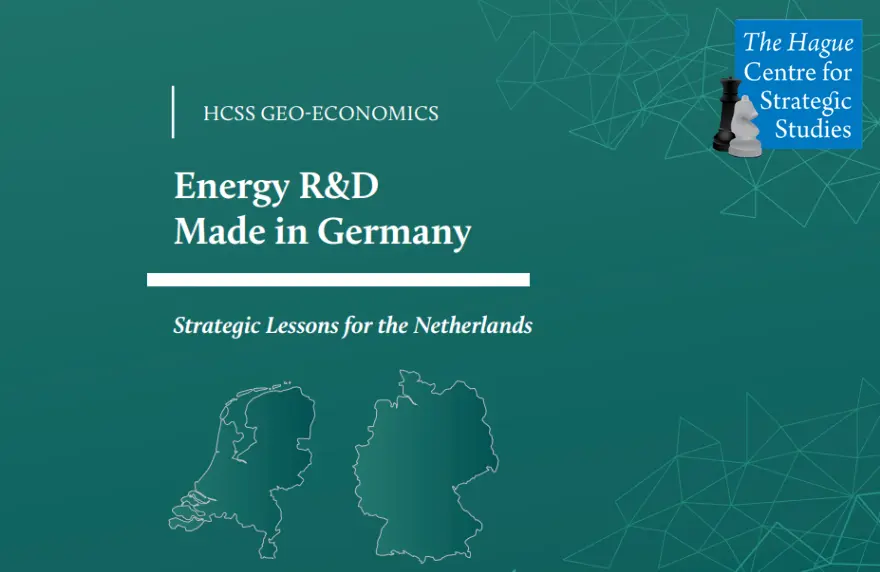Research
The tank storage sector is an essential infrastructure player in global energy, food and industrial supply chains, which is stuck between a rock and a hard place.
The current energy landscape requires efforts both to accelerate the move to net zero and increase supply security for fossil fuels. The business case for low-carbon energy remains an issue as technologies tend to not be cost-competitive and markets remain undeveloped. Contrastingly, oil consumption is high, and so is the demand for oil services. This is causing issues with the social license to operate of tank storage but also with long-term investment decisions.
This uncertainty regarding the speed and character of the energy transition is decreasing investors’ confidence in the Dutch and European business climate. It is also impacting the investment decisions of private infrastructure companies, creating a negative feedback loop that can ultimately hurt the speed and cost of the energy transition in the Netherlands, Northwestern Europe and the entire EU.
To help the tank storage sector navigate an uncertain energy landscape, this HCSS paper by Irina Patrahau and Lucia van Geuns takes stock of trends and developments in the Dutch and European energy markets since 2022. It assesses the impacts for the Dutch tank storage sector and makes recommendations for Dutch policymakers about ways to support storage infrastructure in an uncertain time.
The authors make the following policy recommendations:
- Dutch climate policies should support an incremental approach to the transition for tank storage and other energy infrastructures, in order to maintain energy security and affordability. This can be operationalised through optionality and flexibility in new market developments.
- The Dutch government should take a more active role in stimulating and coordinating supply chain-wide actions to accelerate the energy transition. A pragmatic yet flexible approach from the government helps tank storage companies as one of the links in the complex low-carbon supply chain.
- Dutch policymakers and state-owned companies with commercial tasks should invest in creating the enabling conditions for a sustainable and competitive business climate. This can start with infrastructure for low-carbon energy (hydrogen pipelines, electricity grid, etc.).
This paper is part of the Energy storage in transition series of The Hague Centre for Strategic Studies, together with six other papers.
This report is also available in a Dutch version.
The research was made possible by a financial contribution from VOTOB (The Dutch Association of Tank Storage Companies) to The Hague Centre for Strategic Studies.








